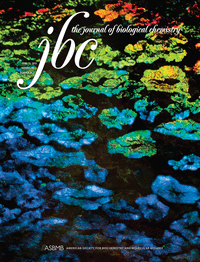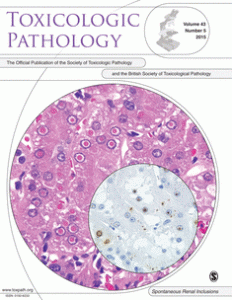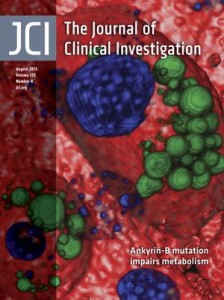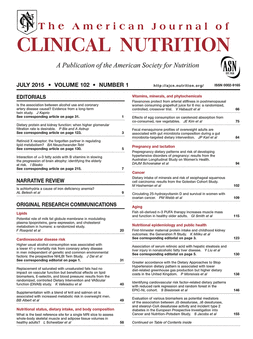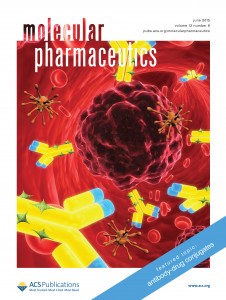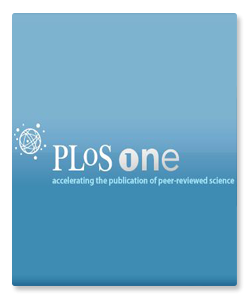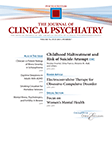 A 2003 paper may have left out potentially “significant” data on the long-term side-effects of an antipsychotic drug used in children, according to a former head of the U.S. Food and Drug Administration.
A 2003 paper may have left out potentially “significant” data on the long-term side-effects of an antipsychotic drug used in children, according to a former head of the U.S. Food and Drug Administration.
As reported by the Toronto Star, David Kessler is alleging that Janssen, the maker of Risperdal (and owned by Johnson & Johnson), omitted data about the risks of the drug: In particular, that boys who use it over a long period may be at risk of growing breasts.
There’s anecdotal evidence of the side effect. One family claimed the drug had caused their son to grow a pair of 46 DD-sized breasts in a lawsuit against Johnson & Johnson, reported the Wall Street Journal in February. They won, to the tune of $2.5 million. The suit is apparently just one of 1,200 like it.
The abstract of the paper, “Prolactin levels during long-term risperidone treatment in children and adolescents,” published in The Journal of Clinical Psychiatry, suggests that levels of a key hormone aren’t a problem in the long term:
Continue reading Drugmaker accused of omitting side effect data from 2003 Risperdal paper
